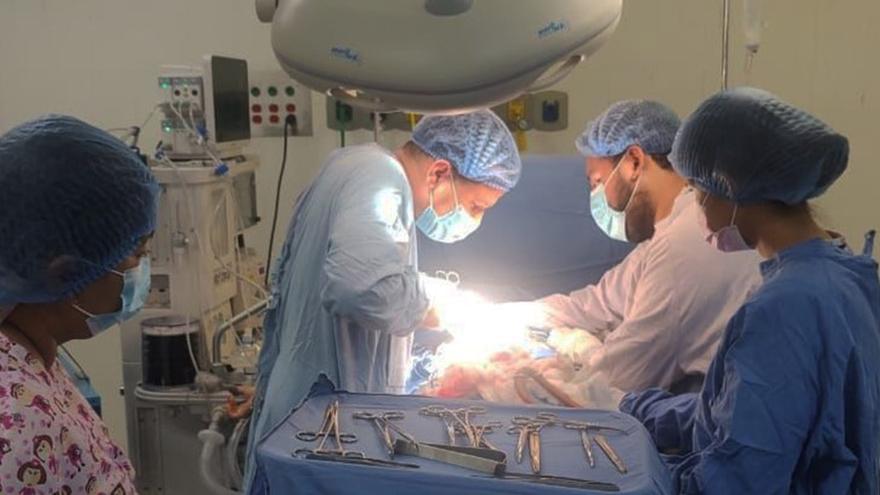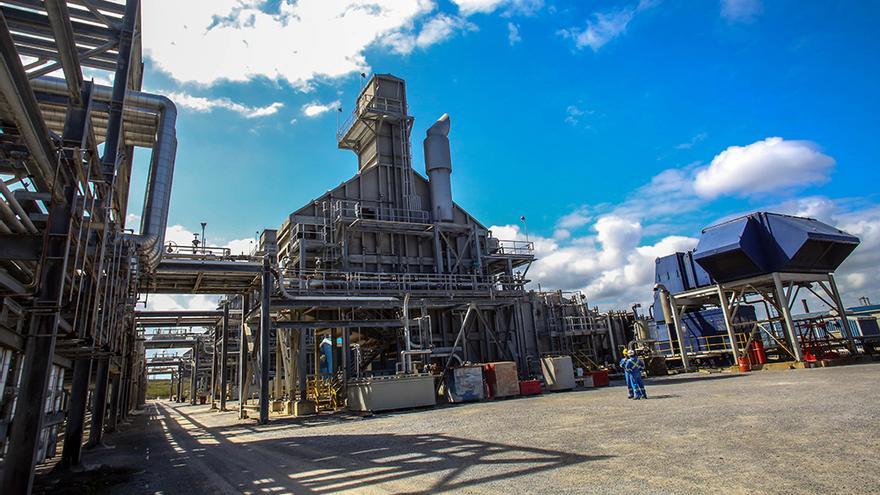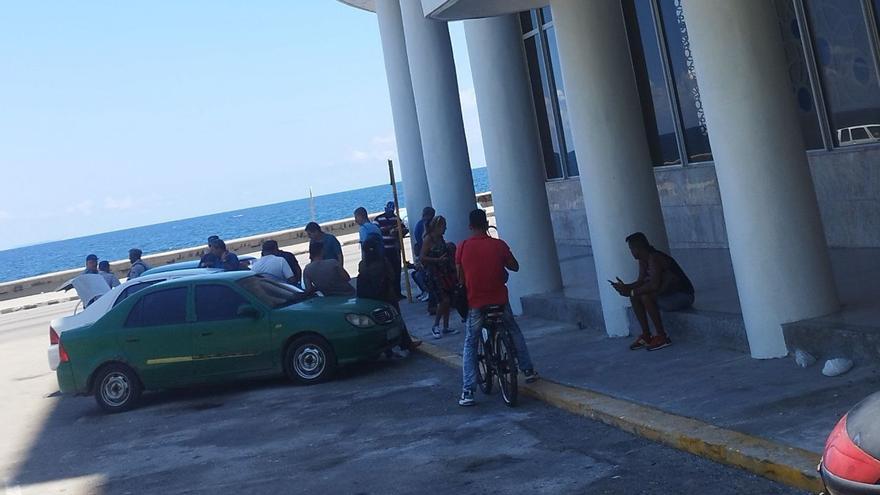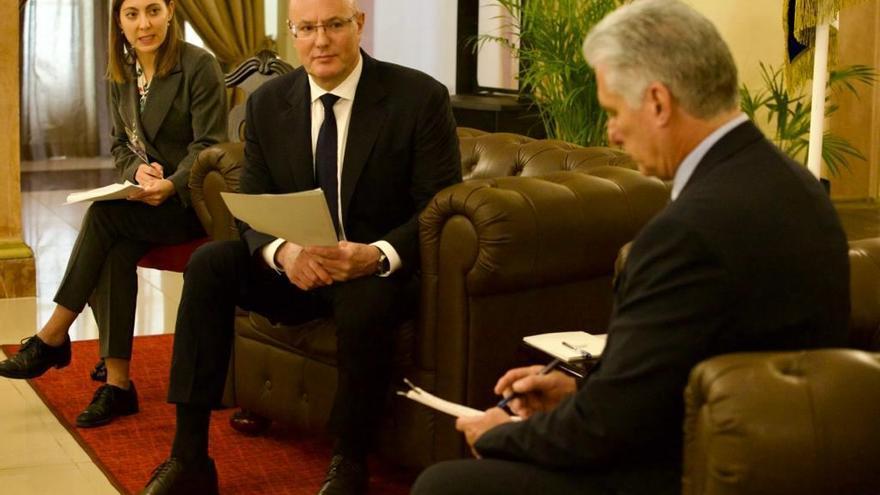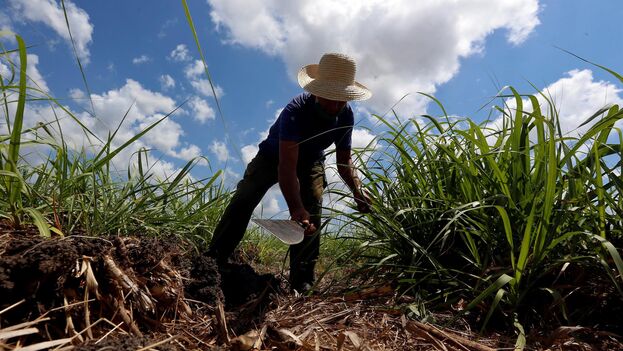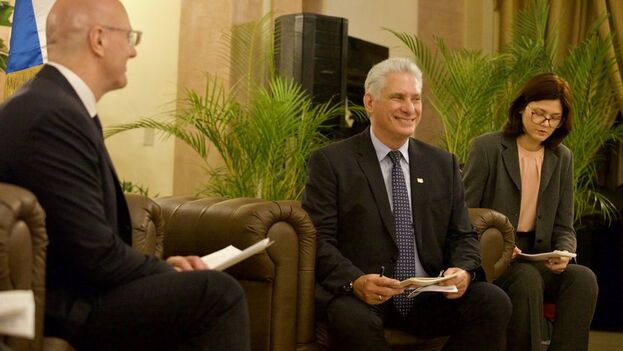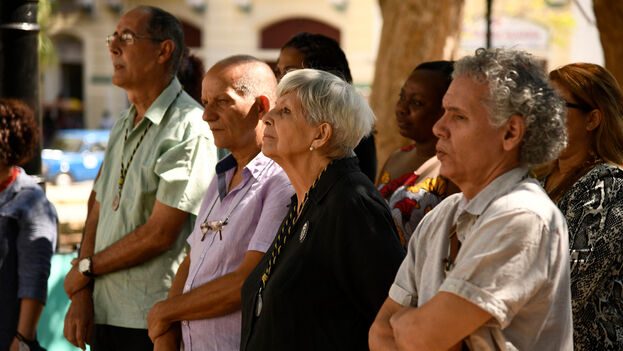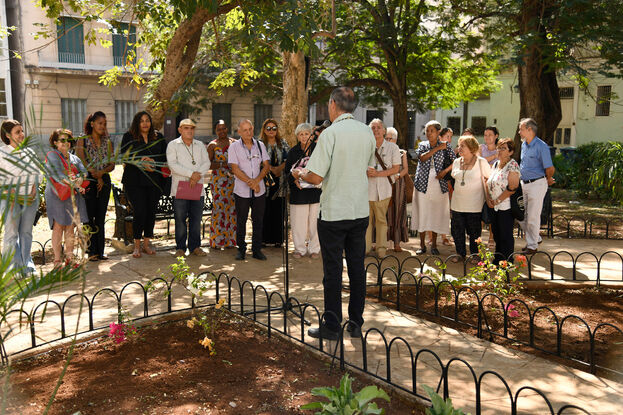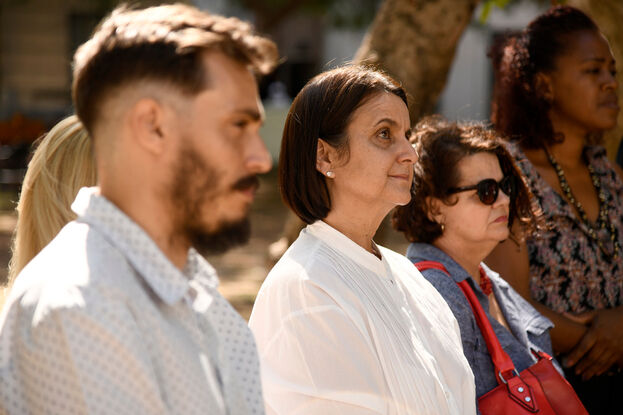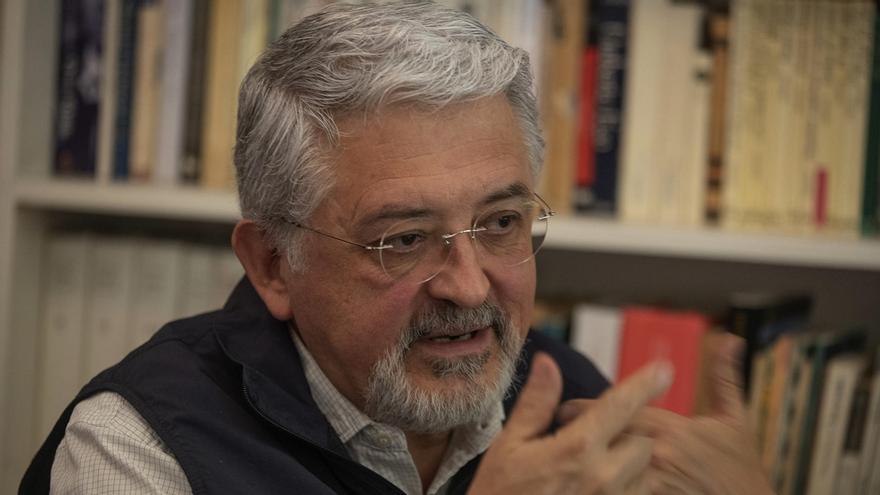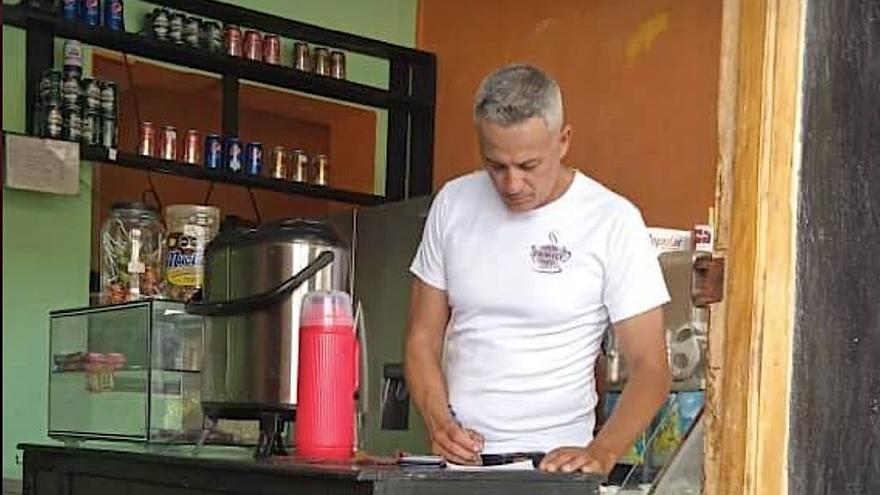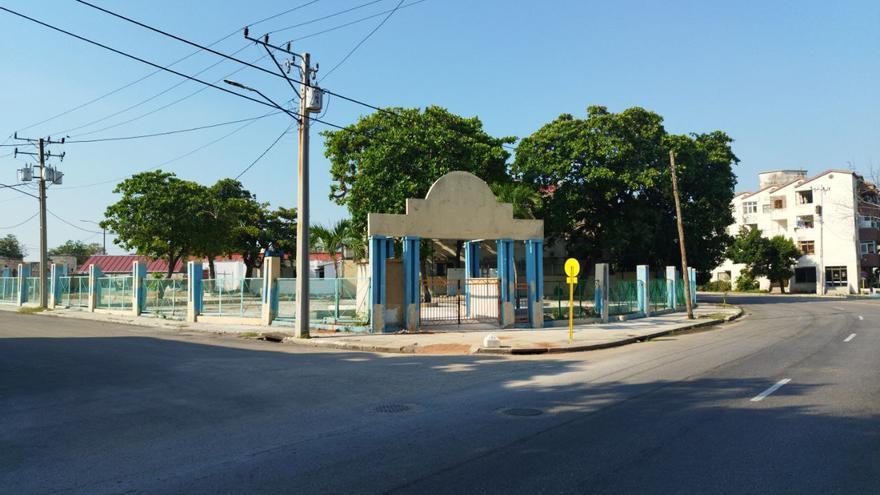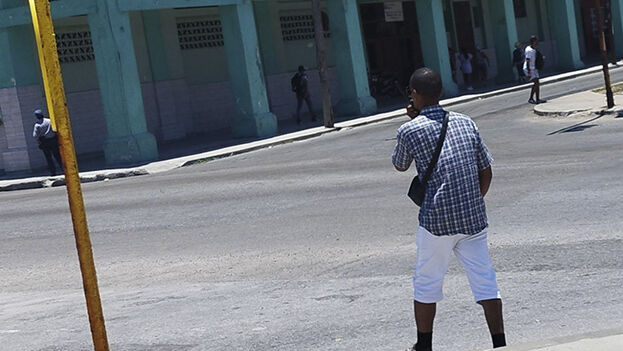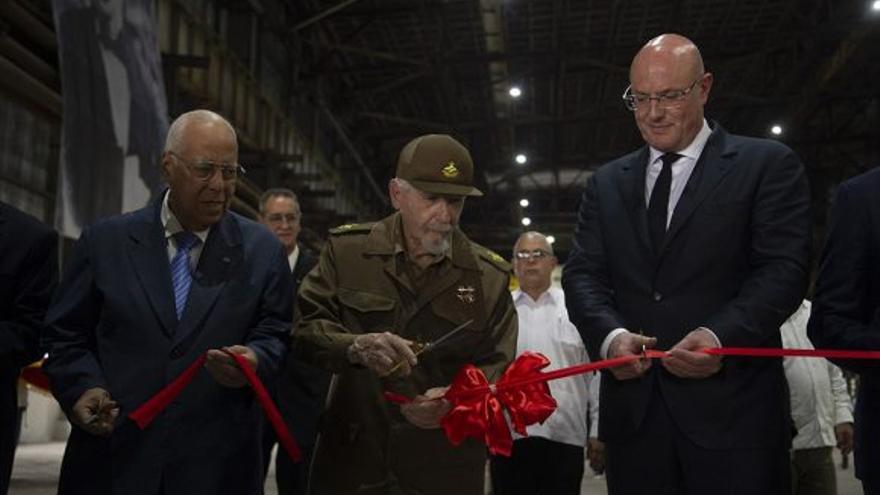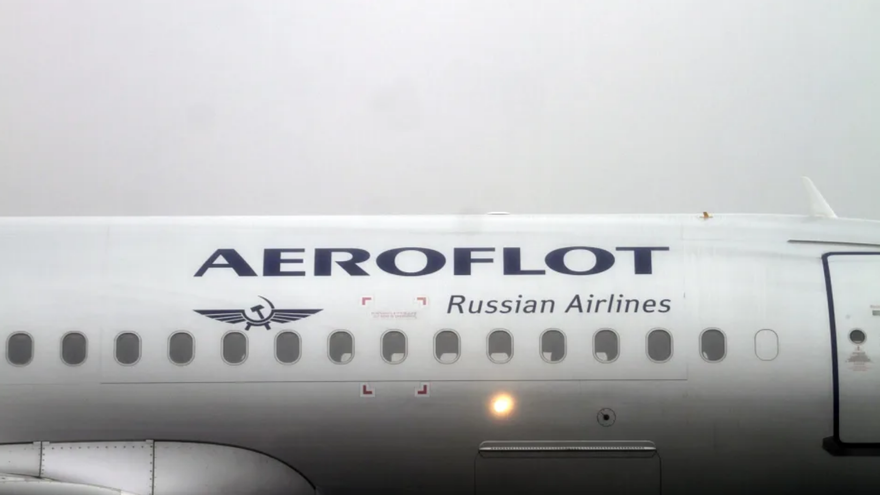The Castro regime turned the agrarian reform into one of its main points of reference. So much so that, at the international level, others tried to copy it, but in the end threw in the towel. The usurpation of economic power that took place in Cuba in favor of the state caused a trauma that was very difficult to overcome in a productive sector that, until then, had generated enough food to feed the entire population, and had two export products with which it obtained income from abroad: sugar cane and tobacco. Never after in history have there been similar processes in other countries of the world.
Agrarian reform took place in Cuba because the circumstances of the moment allowed it. The economic powers that could have opposed those measures now had nothing to do but escape repression and death. And the political powers were dragged down by the revolutionary pressure. Not even the president of the republic, Manuel Urrutia, forced to resign in July, and who ended up taking refuge in the Venezuelan embassy, or Miró Cardona (whom Castro himself had replaced in February) had anything to say in the matter.
The only protagonist from then on was Fidel Castro, who appropriated, on the other hand, a program that was not his, but which served him well. In fact, the author of the text, Humberto Sori, minister of agriculture, resigned days later when he saw that his attempt to protect Cuban agrarian interests was falling on deaf ears. Sori was executed on April 20, 1961, shortly after the Bay of Pigs invasion. He did not see the end result of the reform in which he had to submit to the dictates of Che Guevara.
For Castro’s propaganda, which already in those months of 1959 had entrenched itself to influence society with its messages, the law was a triumph, one more victory for Fidel, the first revolutionary measure aimed at “restoring hope to the humblest” and at the same time, promote a profound transformation of Cuba’s economic and social structure. However, the law was full of inconsistencies and falsehoods that, with time, could be more than verified.
To begin with, it established a presumed right of the farmers who farmed the land to own the land. But this was not the case, since what the law really did was to pass the large estates and large private farms, in which sugar cane production or livestock economy was carried out, into the hands of the state. Marxist collectivism turned the communist state into the main owner of the land, of the means of production, while the existing farmers were forced to accept small plots of land from which they could do little more than produce for their own consumption.
The communists claimed that before the law, 1.5% of the owners owned more than 46% of the national land area. After the agrarian reform, a single owner, the state, came to hold practically 54.2% of the land area, a percentage that increased over time until it reached almost 80% before Raúl Castro’s reforms, while independent farmer participation was practically marginal. And the most alarming part was that the land in the hands of the state remained idle, without being put to use, which reduced productivity and yields, forcing the Island to import food that it used to produce.
In addition, the law made inefficient smallholdings the main feature of agriculture. In effect, the maximum limit of land that a natural or legal person could own was established at 30 caballerías (402 hectares)***. Castro’s plan was to consolidate small agricultural property, tying the farmers to the land, in order to prevent rhwie progress, accumulation of wealth and development. The law turned former tenant farmers into poor small landowners, with little or no possibility of accessing more land to increase the economies of scale.
It is true that more than 100,000 property titles were granted and that this benefited some 200,000 farming families, but with economic and social costs that ended up causing structural damage to the productive sector, from which it never recovered. After the reform, no farm in Cuba reached more than 100 caballerías.
Thus, the law put an end to large estate ownership and foreign private possession of land by creating an army of poor farmers, who, after a while, were forced either to work as wage laborers on state farms, or to join cooperatives controlled by the communist party to market their admittedly limited productions. The result of these changes was immediately evident: loss of technology, capital, and investments, causing irrecoverable damage.
The communist narrative of agrarian reform insists on drawing a scenario in which the transformation of the Cuban countryside manifested as a fatal blow only for the national and foreign landowners, and in particular for the Americans. It has even created a false image that these sectors, “wounded in their pride and displaced from their bourgeois and landowner position, later led, in exile, the countless campaigns and actions that since that time and to date have been orchestrated against Cuban agriculture, even introducing pests and diseases into various crops”.
There is nothing to say about these falsehoods. Arguments of this type topple under their own weight and confirm the root of the hatred that communism exudes against those it considers its enemies, and it does not accept differing positions. The reality of this story is that the main victim of the agrarian reform was the small Cuban farmer, the people in general, and what happened is that those agrarian entrepreneurs whose properties were confiscated on the Island were able, in some cases, to rebuild their lives and achieve success for their projects in other countries.
To complete the operation of control of the agricultural sector, two years later the revolution allowed the creation of ANAP, the National Association of Small Farmers, on another May 17 —in this case, grouping the farmers in an organization penetrated and directed by the Communist party to impose its thesis on the sector. ANAP is not a business organization; it does not defend the economic interests of its members and is a mere instrument for transferring power from the state to the producers.
Some 64 years after the enactment of the law, what can be said about the Cuban agricultural sector?
The state continues to be the absolute owner of the land, which is also recognized in the Communist Constitution of 2019. Its percentage has grown to around 80%, but through the lease formula it has transferred the management of production to the farmers — who have, if this is possible, more problems than ever in achieving better harvests and more productivity. The lands that continue to be in the hands of the state are idle, without the Communist organizations ceding them to the private sector. On the other hand, these producers lack incentives to work and improve what they know will never be theirs. The conflict in the legal framework hangs like a sword of Damocles over the Cuban countryside.
There is abundant labor in the agricultural sector, much more than in other sectors of the economy. Almost a fifth of the employed population works in the countryside, and although statistical data are unavailable, it is an aging population, geographically dispersed, with low mobility, and with increasing levels of dependency and vulnerability. This concentration of the working population means that the productivity of the agricultural sector barely reaches 10% of the average for the entire economy.
The agricultural trade balance continues to show a deficit and it is necessary to import two billion dollars annually in agricultural products that are not obtained on the Island and that are necessary to avoid systemic famines. There is no product capable of obtaining income from exports, except for tobacco, which maintains its figures. Sugar, the emblem of the Cuban agricultural sector, disappeared after the reforms introduced by Fidel Castro at the beginning of this century, and currently the harvests, around half a million tons, are even lower than in colonial times.
The regime’s recent experiments to reactivate the sector, such as the 63 measures or the 93 measures, do not yield results because they are superficial and do not address the structural problems that must be tackled. They provoke price increases, a galloping inflation of the “Food” component of the Consumer Price Index above the average, and a real impoverishment of Cubans in relation to the dwindling shopping basket.
The agricultural sector is not an exception to the rest of the economy, but suffers from the same problems as other economic activities, because the regime’s model is not capable of finding formulas for improvement and prosperity that pass, above all, through the legal framework of property rights.
The limits to the development of agriculture in Cuba do not come from outside, but are found in the internal structure of the economic model that has created all kinds of pitfalls and shortcomings that have limited the efficient development of an essential sector for the welfare of the entire population.
In reality, 64 years later, Cuban farmers have very little for which to thank the Revolution’s agrarian reform. Reversing this scenario is possible and necessary. They already did it in Vietnam with the Doi Moi land ownership reforms that actually transferred property rights to the farmers. In just five years, Vietnam went from suffering famines to becoming a grain exporting power in Asia. It even makes periodic donations to impoverished Cuban agriculture.
The true meaning of the agrarian reform that Cuba needs will force a change in the Communist constitution. The regime itself wanted to block the necessary reforms, but it has no alternative. The Communist path is exhausted.
Translated By: Alicia Barraqué Ellison
Translator’s Notes:
* The Sierra Maestra mountain range was home to the rural guerrilla headquarters of Fidel Castro’s revolution in the 1950s.
** In Cuba, “guajiro” [wah-hee-roe] is a colloquial term for farmer.
*** The word caballería here means a unit of measurement in Latin America, equal to approximately 100 hectares.
____________
COLLABORATE WITH OUR WORK: The 14ymedio team is committed to practicing serious journalism that reflects Cuba’s reality in all its depth. Thank you for joining us on this long journey. We invite you to continue supporting us by becoming a member of 14ymedio now. Together we can continue transforming journalism in Cuba.
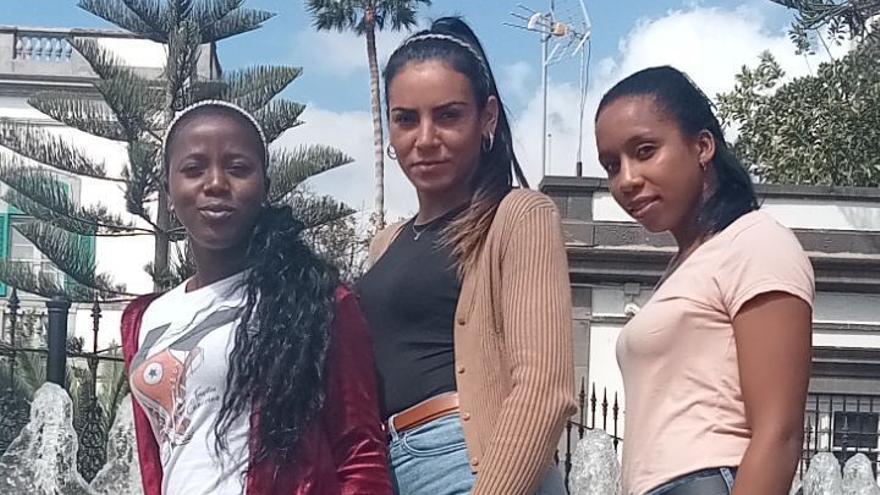
![]() 14ymedio, Havana, 23 May 2023 — On May 6, the plane where Cuban hockey players Daylin Suárez, Yadira Miclín Galban and Marianela López were traveling left Barcelona and landed on the island of Gran Canaria. Taking advantage of a “shopping” outing, the three athletes had managed to escape from their delegation, having received training in Spain from May 3 to 13 to attend the Central American Games in San Salvador, and they bought tickets to travel to the Canary Islands.
14ymedio, Havana, 23 May 2023 — On May 6, the plane where Cuban hockey players Daylin Suárez, Yadira Miclín Galban and Marianela López were traveling left Barcelona and landed on the island of Gran Canaria. Taking advantage of a “shopping” outing, the three athletes had managed to escape from their delegation, having received training in Spain from May 3 to 13 to attend the Central American Games in San Salvador, and they bought tickets to travel to the Canary Islands.
